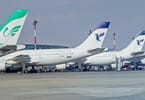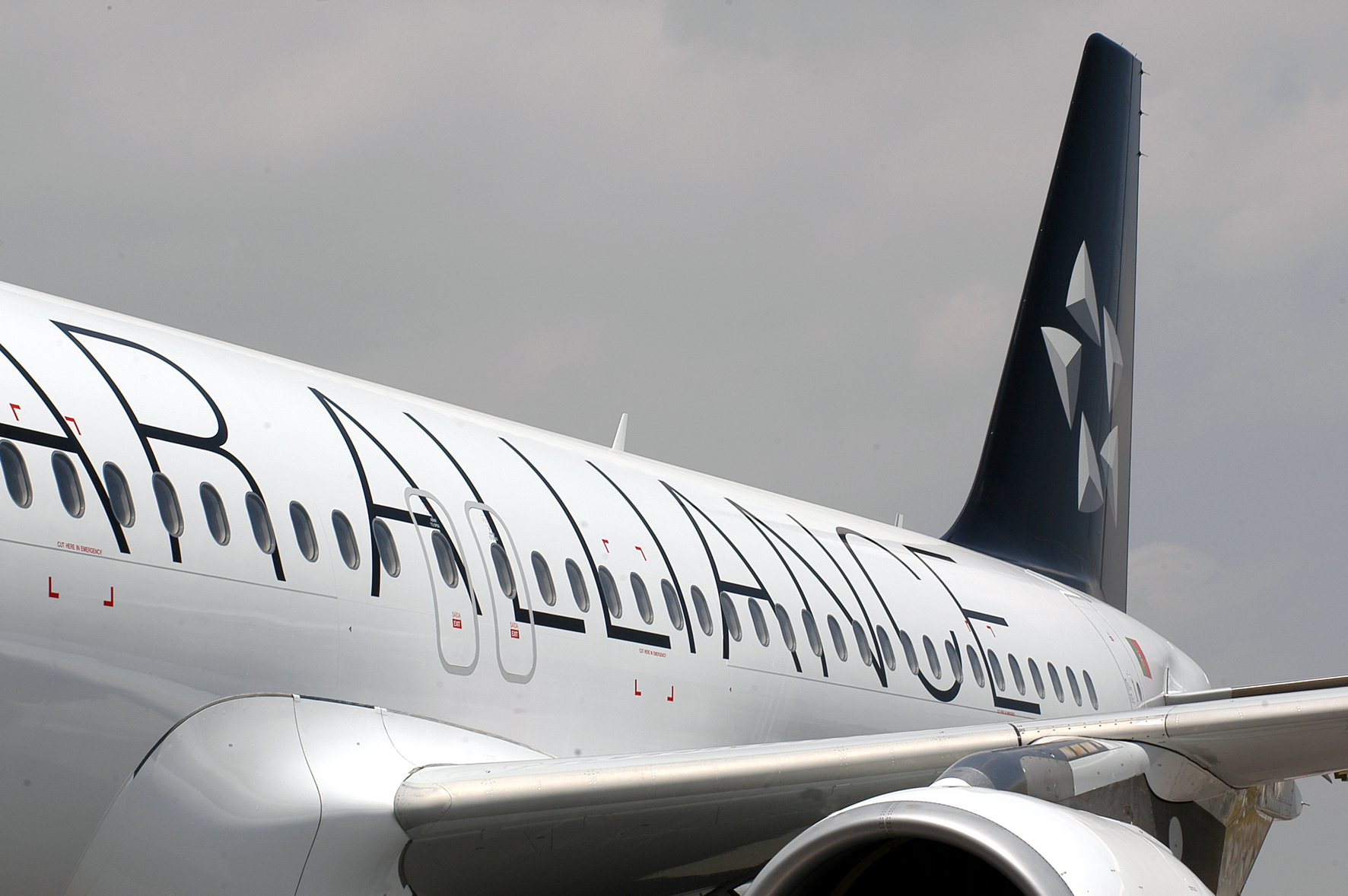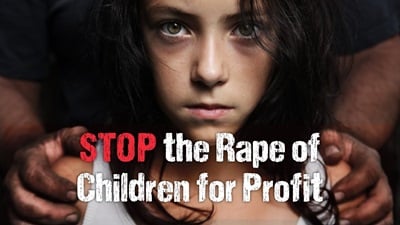Southwest Airlines is starting to look like the corporate version of Jerry Rubin. Once the revolutionary, it’s now becoming part of the establishment.
I was reminded of the Yippie leader turned yuppie businessman as I started taking a closer look at Southwest’s bid for the bankrupt Frontier Airlines. The scrappy upstart that helped redefine post-deregulation era flying is now fighting to preserve the status quo.
A bankruptcy court auction is scheduled for this week, but as it stands Southwest’s $114 million bid tops a competing offer of $109 million from regional carrier Republic Airways. It’s unlikely that Republic will prevail in a bidding war against one of the few major airlines that actually has money to spend.
But why would Southwest want to buy a marginal player at a time when revenue across the industry is getting hammered because of the recession?
The answer is to keep anyone else from buying it.
In a news release, Southwest chief executive Gary Kelly talked about the “strong fit” between the companies’ cultures and their “similar entrepreneurial roots.” They may be similarly rooted in the competitive soil of deregulation, but they were planted a generation apart.
Frontier grew up in an industry that had already been changed by Southwest, and it’s Southwest that now finds its latter-day imitators nipping at its heels.
Forget the talk of how a Southwest-Frontier combo will threaten United, which is once again teetering financially and may lead the next charge of major carriers back to bankruptcy court. Sure, Southwest will clean United’s clock in Denver, where United operates a major hub, but it doesn’t need Frontier for that.
Losing money there
In Denver, something more unusual is happening: Southwest is losing money.
The airline lost $38 million there in the first quarter, Bob McAdoo, analyst with Avondale Partners, estimated. Gary Chase, who follows the airline for Barclays Capital, concurs that it has lost money this year while Frontier has been profitable.
In a speech to a Federal Aviation Administration conference in April, Bill Swelbar with the Airline Data Project at the Massachusetts Institute of Technology found that after stripping out factors such as fuel hedging, Southwest’s costs are higher than some of what he calls the midscale carriers such as JetBlue, AirTran and Frontier.
While its cost advantage over the old-line carriers has narrowed, Southwest hasn’t been able to use efficiency as a weapon to fend off upstart challengers.
In other words, it’s buying Frontier to cut its losses. It can’t afford to let Republic or anyone else keep operating Frontier in the Denver market.
The Southwest Effect, the notion that the carrier’s low fares encourage additional traffic in markets it enters, hasn’t worked in Denver. In fact, if it buys Frontier, fares there could increase.
The purchase would still have to pass muster with federal antitrust regulators. The darling of deregulation could find itself arguing that fewer carriers and higher fares will increase competition in the Denver market.
No longer the exception
We’re used to that sort of upside-down logic from the airline industry, but Southwest used to be the exception. In fact, that sort of tortured definition of competition is the same one the old-timers tried to use to protect their markets from Southwest’s encroachment.
Southwest remains the most viable of the major carriers and the fiercest competitor, but just like a ’60s radical who got a haircut and a real job, the carrier that for more than 30 years shook up the domestic airline industry is a rebel no more.






















